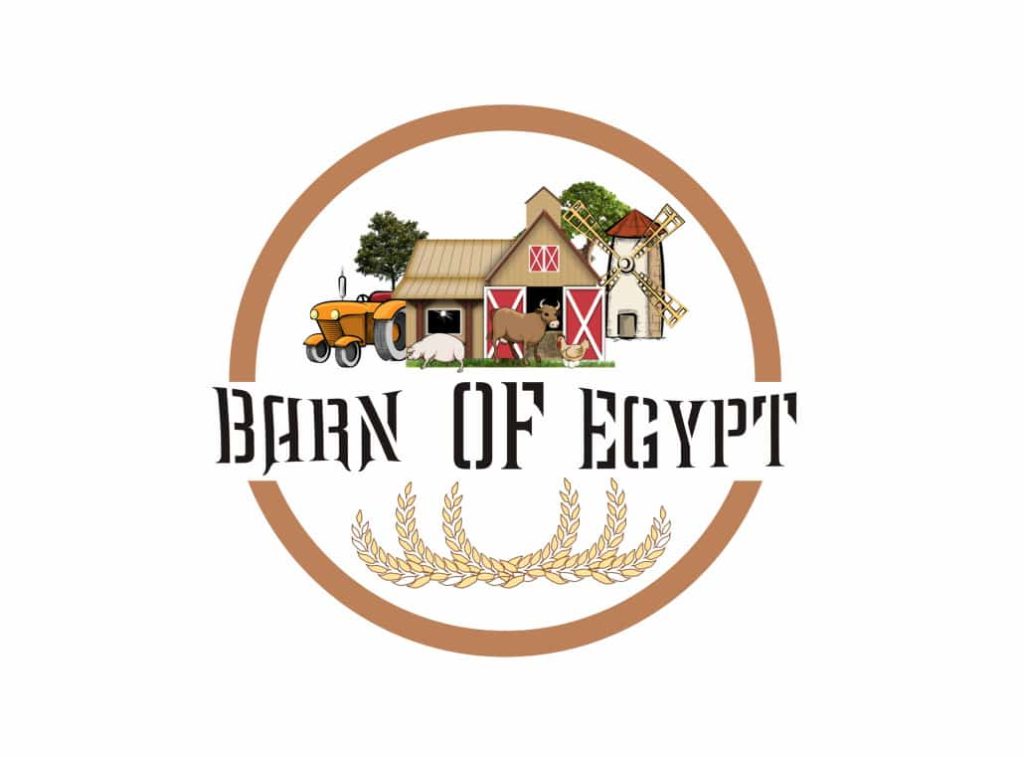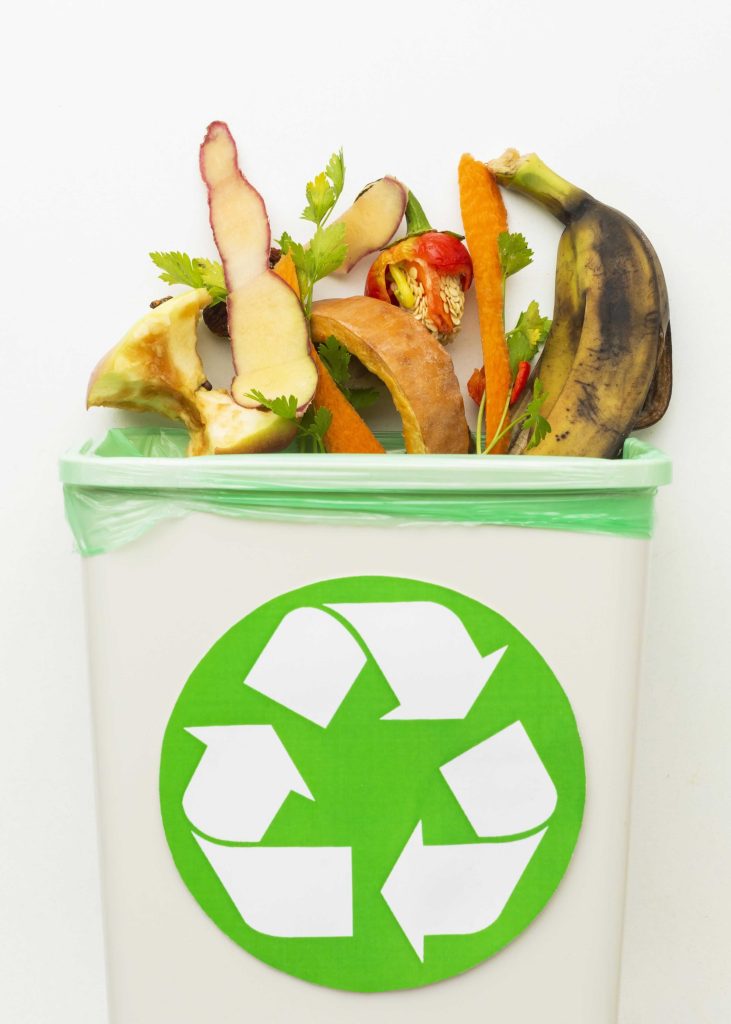
For Technical Support
Have Query Mail Us
Reach us: +234 817 4522 984


Food waste is a global issue with significant environmental, social, and economic impacts. It is estimated that around one-third of food produced globally is lost or wasted, resulting in economic losses of an estimated $1 trillion a year. If food loss and waste were a country, it would be the third-largest emitter after China and the United States.
In the midst of this global challenge, a beacon of sustainable agriculture is emerging in the heart of Africa. “The Barn of Egypt”, a startup with a vision to revolutionize the agricultural landscape of Africa, stands as a beacon of hope. As a food company, we are committed to tackling food waste by promoting sustainable practices and educating consumers about the importance of food recycling.
With its innovative approach to food production and distribution, “The Barn of Egypt” is making waves. With a tagline of ‘Sustainable Agriculture Marketplace for Africa’, we are poised to address some of the continent’s most pressing agricultural challenges, thereby offering a sustainable solution to the global food waste problem.
Food waste is a global issue with significant environmental, social, and economic impacts. In a world where approximately 931 million tonnes of food goes to waste each year, “The Barn of Egypt”, a startup in the heart of Africa, is turning this problem into an opportunity. One of the key pillars of their strategy is the recycling of food waste. By composting food waste, they are not only reducing the amount of waste that ends up in landfills but also creating nutrient-rich soil that can be used to grow more food. This practice, known as circular agriculture, is a win-win solution for both the environment and the economy.
In sub-Saharan Africa, the estimate is roughly 37% or 120-170 kg/year per capita. Food loss and waste lead to reduced economic returns for farmers, and the water, fertilizers, energy, and land used in production also go to waste. Such loss and waste drive expansion into fragile ecosystems, accelerate deforestation, species extinction, and contribute to 8-10% of annual greenhouse gas emissions.
Across Africa, an estimated 100 million people faced catastrophic levels of food insecurity in 2020. Yet, at the same time, significant volumes of food are lost after harvest in sub-Saharan Africa each year — estimated at $4 billion worth for grains alone. This exceeds the value of the total food aid received in sub-Saharan Africa over the past decade, and equates to the annual value of cereal imports.
There are several ways to address food loss and waste in Africa. One approach is to produce food in a way that commonly wasted resources are sustainably used and recycled. We must change the way we grow food by ensuring the key production resources, such as land, water, and energy, are used in an efficient and regenerative way.
Another solution to restoring Africa’s land involves rethinking the way we manage food – from what we grow, to what we dispose of and mostly importantly how we dispose of it. A shift from viewing food waste as a problem to one where it can provide a rich foundation for regenerative farming can fundamentally accelerate restoring land soil health, as well as improve food resilience.
At “The Barn of Egypt”, we are pioneering these changes by implementing innovative food recycling strategies. We are committed to reducing food waste and promoting sustainable farming practices, thereby offering a sustainable solution to the global food waste problem.
The Barn of Egypt is also gearing up to launch a wet and dry storage program. While details about this specific program are not readily available, its important to watch this space. However, if implemented effectively, this program could significantly enhance the efficiency of food preservation and reduce post-harvest losses.
In the complex world of food production and distribution, pricing and analytics play a crucial role. The Barn of Egypt is leveraging data to provide insights into food pricing trends and market dynamics. This information empowers farmers to make informed decisions about what to grow and when to sell, and it helps consumers understand the true cost of the food they consume.
The Barn of Egypt is not just about producing food; it’s also about selling it. The startup is part of a global food market that is expected to grow annually by 6.53% (CAGR 2024-2028). By tapping into this market, The Barn of Egypt is helping to nourish Africa and the world.
Despite its potential, Africa’s agricultural sector faces numerous challenges, including inadequate funding, poor rural infrastructure, stress on land and water resources, soil degradation, climate change, and neglected agricultural research. “The Barn of Egypt” is offering solutions to these problems through its innovative practices and programs.
Reducing food waste at retail, food service, and household level can provide multi-faceted benefits for both people and the planet. However, the true scale of food waste and its impacts have not been well understood until now. As such, the opportunities provided by food waste reduction have remained largely untapped and under-exploited. If we want to get serious about tackling food waste, we need to increase efforts to measure food and inedible parts wasted at retail and consumer level and track food waste generation in kilograms per capita at country level. Only with reliable data, we are going to be able to track progress on Sustainable Development Goal (SDG) target 12.3, which aims at halving per capita global food waste at the retail and consumer levels and reducing food losses along production and supply chains, including post-harvest losses.
In conclusion, “The Barn of Egypt” is more than just a startup; it’s a movement towards a more sustainable and prosperous future for Africa’s agriculture. By recycling food waste, implementing innovative storage programs, leveraging data for pricing and analytics, and selling quality produce, “The Barn of Egypt” is transforming the way we think about agriculture in Africa. It’s not just about growing food; it’s about growing hope for a better tomorrow. “The Barn of Egypt” is proud to be part of this global movement towards a more sustainable and waste-free world. Through these efforts, we hope to inspire others to join us in this important mission.